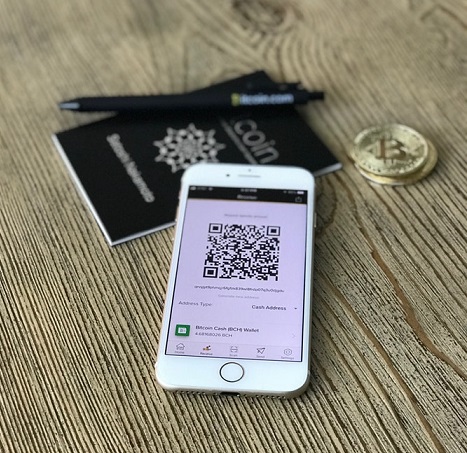By Jacob Nihan, Michigan State University, and Rosalinda Sanquiche, CSE
While Bitcoin can seem like a sketchy trend, it has inspired many ideas without even trying. Bitcoins blockchain network is becoming a major trend in the technology world, providing major breakthroughs. The bitcoin concept is being replicated in ways that benefit our planet. For example, SolarCoin and Plastic Bank both use blockchain and digital currency to make a difference to the planet.
SolarCoin was founded by a fin-tech expert Nick Gogerty, awarded by the United Nations for solving problems utilizing blockchain technology. SolarCoin provides affordable solar energy to homeowners and businesses. SolarCoin “claimants” receive one SolarCoin for every one-megawatt hour produced. The incentive for producers is to sell their clean energy and even convert SolarCoins to bitcoins. The network is decentralized and uses peer to peer verification. SolarCoin is compatible with most major crypto wallets.
Plastic Bank is led by a motivational speaker David Katz who produced an award-winning documentary on ocean plastic. Plastic Bank allows developing countries to turn their plastic pollution into currency. Individuals (directed toward the poor) collect plastic and exchange it for secured digital tokens, electricity, and other items. The program helps improve the quality of life in developing countries while making them cleaner and more environmentally friendly. The company itself buys this plastic and grinds sit up into small plastic balls. The plastic balls supply manufacturers or 3D printers. This blockchain network is partnered with IBM to create a more enhanced recycling system.
While the blockchain revolution may not be the super technology that cures Earth’s woes, it is a step in the right direction, making our lives worldwide more sustainable and safer. In collaboration with Capgemini, Whiteflag is a blockchain for journalists and peacekeepers to create non-combat zones with white flags during times of war. This helps bring accountability to destruction caused by combat. Blockchain will only inspire more future technology.
Blockchain has the potential to make society more efficient and sustainable if used correctly. CSE’s 2018 research started the exploration. Now, CSE’s 2019 research is taking a deeper look at sustainability applications of Blockchain and AI, reporting on new techs that span international relations, media, energy, waste and more.
CSE research informs the continuously updated trainings CSE provides. Release of new research content will be made during fall trainings in Houston, Sept 26-27; San Francisco 15-16 Oct.; Seattle, Oct. 28-29; and Toronto, Oct. 31-Nov. 1, 2019.







